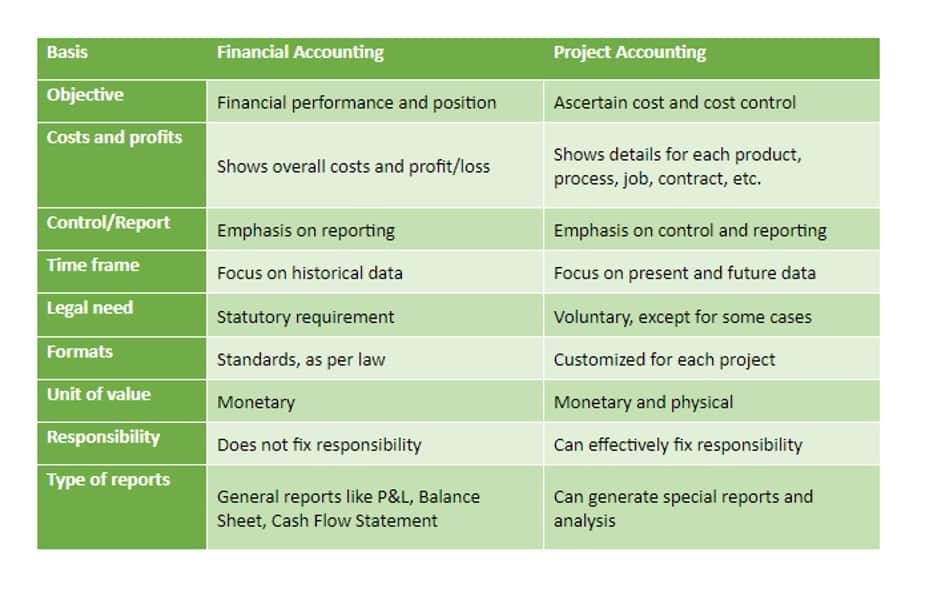
External auditors follow petty cash specific auditing standards and guidelines to ensure their work is thorough and meets the expectations of regulatory bodies and professional organizations. Ideally, internal auditors should have a strong understanding of the organization’s operations, financial processes, and industry standards. They should also possess analytical skills, attention to detail, and the ability to communicate effectively with key stakeholders. Additionally, a background in accounting, finance, or business administration can be beneficial for those performing internal audits.
Compliance Services

An audit can be defined as an objective evaluation and examination of the financial statements of a company or an organization to ensure that the records represent a fair and accurate view of the transactions they claim. The audit can be conducted either internally by the firm’s employees or the organization or externally by a third party, i.e., outside the firm. Stating differently, audit alludes to a process of checking, which is independent of the firm’s financial records or an organization, to opine on the financial statements. Understanding the differences between internal and external audits is crucial for both small and large businesses. Each type of audit serves distinct purposes, and failing to properly utilize them could expose a company to risks such as fraud, inefficiency, or non-compliance with regulations.
Difference between Internal Audit and External Audit

Internal audit departments can pave the way for better communication and coordination by making sure their risk assessments, workpapers, reports, and other documentation are prepared and in an easy-to-use format. For compliance audits, the scope is determined by the regulatory body conducting the audit. Its main objective is to add value, improve operations, and ensure that it complies with laws & regulations set by the government body. An external organization performs external audits to provide both business and government with a valuable check of the organization’s accounting. Internal auditors play a vital role in helping organizations achieve their objectives by evaluating and improving the effectiveness of risk management, control, and governance processes. Their independence allows them to objectively assess the organization’s operations and provide valuable https://www.bookstime.com/articles/closing-entries recommendations for enhancing efficiency and mitigating risks.
COMPARING THE AUDITORS’ RESPONSIBILITIES
- Internal auditors focus on evaluating risks, controls, and processes across the entire organization.
- The objective of external auditing is to assure external stakeholders, such as investors, creditors, and regulators, of the reliability of the financial information presented by the organization.
- Internal auditing is not required by law, but it can be performed to review the organization’s operational activities.
- Their independence ensures that their findings and recommendations are unbiased and focused on the long-term success of the organization.
On the other hand, an external audit is an independent analysis of a company’s financial records and statements by auditors outside the company’s payroll. For larger companies, especially those with public holding, this is a routine mandatory process by shareholders and the government. By ensuring businesses stay aligned to their objectives, audits also help in risk management, assets misappropriation, and detection and prevention of fraud, both internally or otherwise. The internal audit function provides insights and suggestions encompassing risk, governance, and control processes, whereas an external audit occurs annually with a scope of compliance requirements. How can internal auditors maintain objectivity when they are employees of the organization they’re auditing?

By identifying operational inefficiencies and recommending improvements, internal audit contributes to streamlining processes, reducing costs, and enhancing productivity. This proactive approach not only adds value to the organization but also ensures that resources are utilized optimally. In some cases, potential or existing customers may request an audit to verify that an organization is meeting their requirements. An internal audit refers to the department located within a business that monitors the efficacy of its processes and controls. The internal audit function is especially necessary in larger organizations with high levels of process complexity, where it is easier for process failures and control breaches to occur.
- We’ll explain what internal and external audits are and highlight the key differences between the two.
- Internal auditors assess organizational health holistically, determining whether business practices are supporting strategic objectives and identifying risks that could impact those objectives.
- They should also possess analytical skills, attention to detail, and the ability to communicate effectively with key stakeholders.
- The internal auditor reviews financial reports and records, operational processes, and risk management practices to find potential weaknesses and areas for improvement.
- Audit refers to the process of independent examination or checking of the financial statements and records of an organization, so as to give an unbiased opinion on their accuracy and integrity.
- Each type of audit serves distinct purposes, and failing to properly utilize them could expose a company to risks such as fraud, inefficiency, or non-compliance with regulations.
- When it comes to auditing, it’s important to understand the difference between internal and external audits.
- Internal audit can cover a broad range of areas, including financial controls, operational processes, compliance with policies and regulations, and overall organizational risk management.
- External auditing ensures that a company’s internal controls, processes, standards, and policies are sufficient, effective, and in accordance with governmental requirements, regulatory requirements, and organizational policies.
- Internal auditors holistically assess the organization’s health, determine if business practices support strategic objectives, and identify risks.
- While the purpose, focus, and outcomes of their fieldwork vary, internal and external auditors often share information to avoid duplication and improve audit coverage.
- The external audit is the formal and independent assessment of your organization’s processes and systems by an appointed team from outside the organization i.e., a third-party body.
On the other hand, external audit is entirely independent in which a third party is brought to the organisation to carry out the procedure. Internal Auditor acts as a consultant and advisor to the management and internal stakeholders. In much simpler terms, when a company claims to be worth a certain amount (in assets and profits), an external audit will help verify and validate the claim. While you may understand the meaning and purpose of both types of audits, here is a comparative analysis of them.
Internal audits are not only limited to financial reporting controls but can also help you evaluate risk across all areas of your organization. At the same time, internal vs external audit external audits are a “check-the-box” activity that provides a more proactive and consultative approach to assessing your organization. External audits play a crucial role in maintaining the integrity and transparency of financial information presented by companies. By scrutinizing financial records and transactions, auditors help in upholding the trust of stakeholders, such as investors, creditors, and regulatory bodies, in the accuracy and fairness of the reported financial data.
Objectives of External Audits
Internal auditors report their findings and recommendations to management and the board of directors, specifically to the audit committee. This reporting structure supports the internal audit’s role in enhancing and protecting organizational value by providing risk-based and objective assurance, advice, and insight. The internal audit report typically includes an evaluation of the effectiveness of the organization’s internal controls, risk management, and governance processes, along with suggestions for improvement. The primary focus of internal audits is to provide valuable insights and recommendations to management for improving internal controls, risk mitigation, and overall efficiency.
